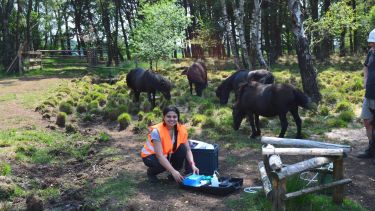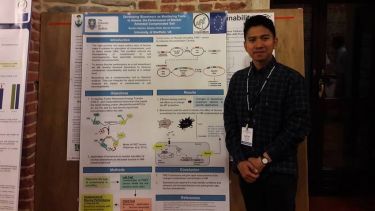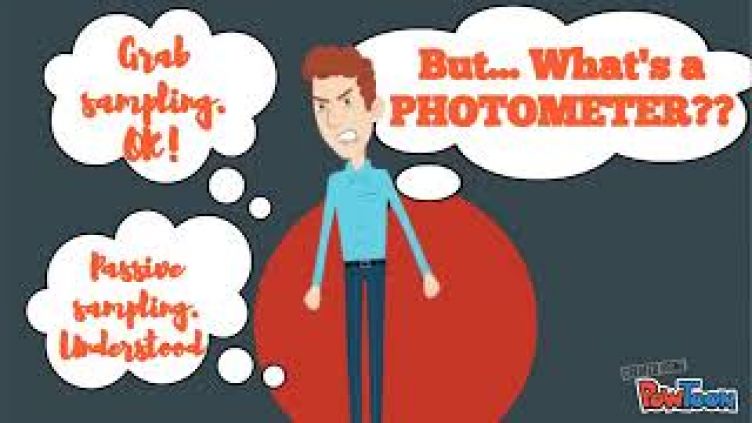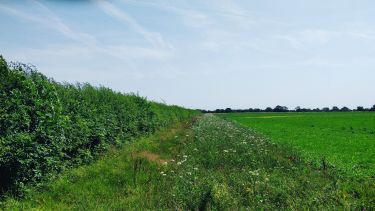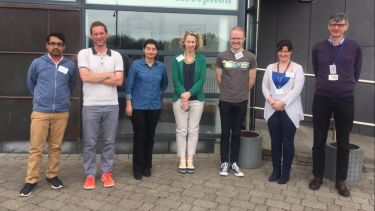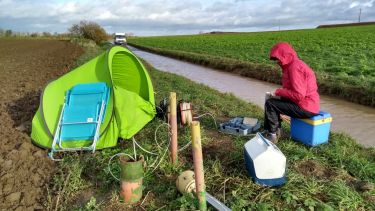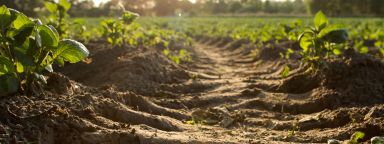
Inspiration Innovative Training Network
INSPIRATION is a multidisciplinary, European Innovative Training Network (ITN) which combines world-leading scientists and other sector specialists to address four critical technical, environmental and socio-economic issues facing the sustainable intensification of agriculture (SIA) in Europe today.
Videos
Managing soil and groundwater impacts from agriculture
Explore our videos page for more.
Educational videos


